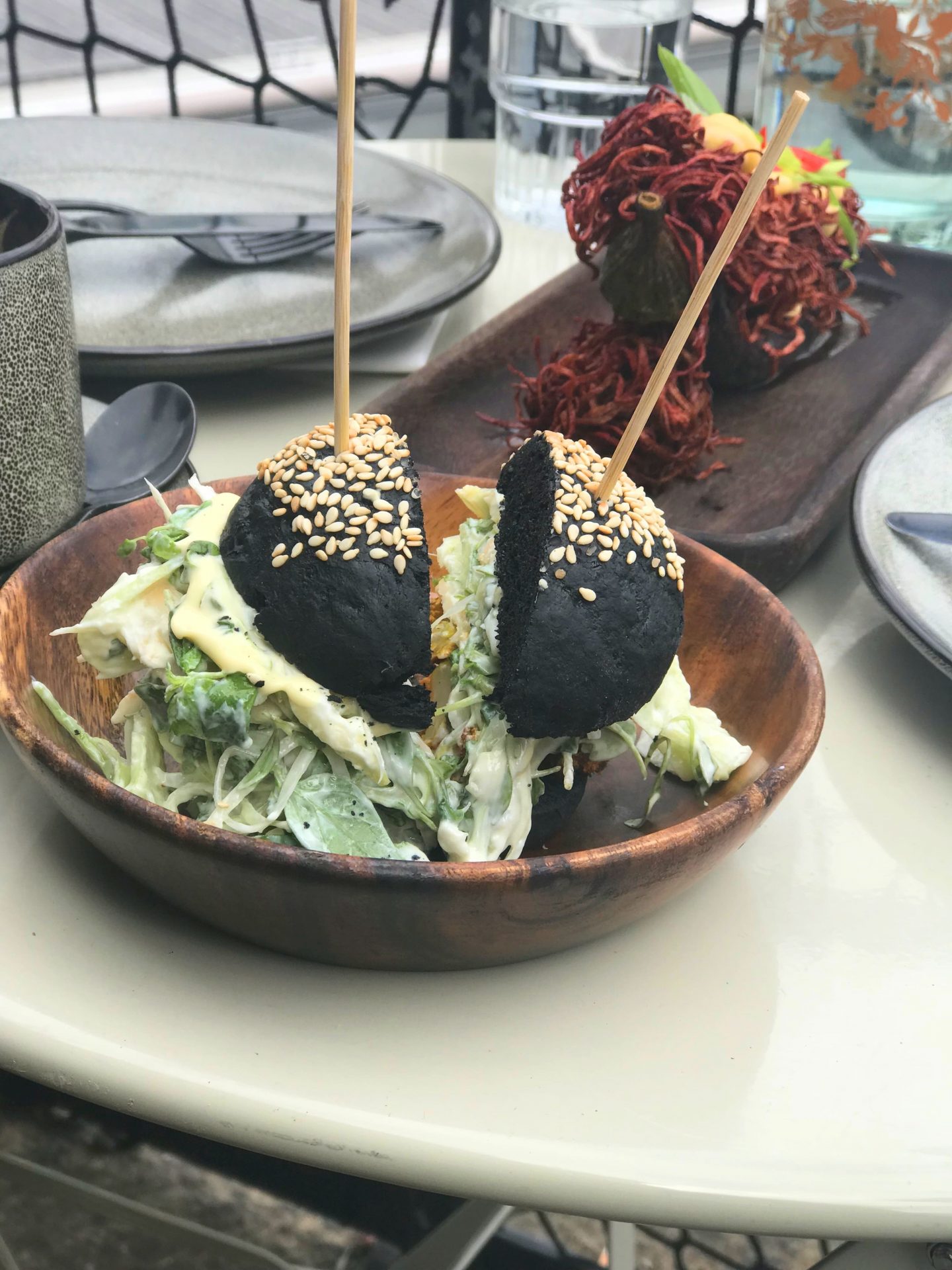 Reading Time: 4 minutes
Reading Time: 4 minutesIn post one of this series, I spoke about the initial leap of faith when it comes to writing a dissertation. In this post, I will talk about the need to adopt a new kind of writing style when embarking on the dissertation project. I have used photos of brunch because it a) it seems to make this whole thing a bit more cheery and b) because eating-out was the highlight of third year… no more going out partying every week, fun was had in restaurants and brunch cafes! (I have no complaints about this.)
When you meet with your tutor, be sure to have a basic plan for what to discuss: note down questions that need to be covered, issues you’re encountering (no matter how small), and potential ideas for the future of the project (no matter how big). Also, bring them written work- often they’re only allowed to read so many of your words during the project so be selective with what you show them.
Writing for a dissertation is a weird experience if you don’t already write other essays in this format. By which I mean, totally out of order and in small chunks at a time. I am a systematic writer through and through. I like to start at the beginning; the introduction, and work through each point until I reach the conclusion. Generally speaking, I get all of this done in one 2 or 3 day sitting, no taking a break and picking it up later, I need momentum! Only then do I go back to edit, cut, and often completely re-write. (Forever an over-writer… if this series didn’t already hint at that. My mum became very well practiced at cutting 2000 words from every essay I ever wrote!) But when my tutor asked me to bring her some written material to read over, I was stumped… how could I even consider taking my solid stint of writing up all 12000 words, when I’d literally only just started researching!? There was still so much to learn and discover!
So I wrote something that I never intended on including in the final essay- I wrote summaries of the books I was looking at, and of a critic I took particular issue with. I figured this way my tutor could get an idea of my writing style. But it just seemed like such a waste of the word count she was allowed to read! As it turned out, when she gave it a read and highlighted, to me, the key points I’d covered… suddenly I had an idea of the chapters I could write, and how actually this piece of writing could be chopped up and included at various places after all.
So this is why I’ve put ‘Writing Method’ as the second post in this series, even though actually writing your dissertation properly seems so far off. Just write stuff- reviews, summaries, mini arguments, possible theories. Keep writing this stuff from the outset until the very end. It was via this method of writing (and therefore collating the research as I gained it) which signposted how I might ultimately structure my chapters. It also pointed out the key strands for further research and helped me avoid going off on tangents. Anyway, more on this research stuff in the next post.
When it eventually does come to writing up the essay properly, you’ll have this big old bank of written material to select and edit from… trust me, future you will be very grateful indeed! And, at the same time, constant writing allows you to show your supervisor work at varying points throughout the year. This allows them to better follow your journey and gain a clearer vision of how the project will end up (after all, they’re well versed writers of big works… they’ll see how it’s going to end up even before you do!) Your supervisor can help you to navigate the project, can pinpoint stylistic improvements to be made, and continue on at you to reference throughout. This latter point is another thing future you will love present you for… even if present you just CBA. Trust me, just do it! And if properly referencing all work seems excessive, at least build a bibliography table to refer to at the end. Although again, more on this next time.
I’ll leave this post here. But in summary- start writing now. Learn how to be a bitty writer if, like me, your natural tendency is to get it all out in one go. No-one has the stamina for that, and actually bitty writing is a useful skill to hone!





